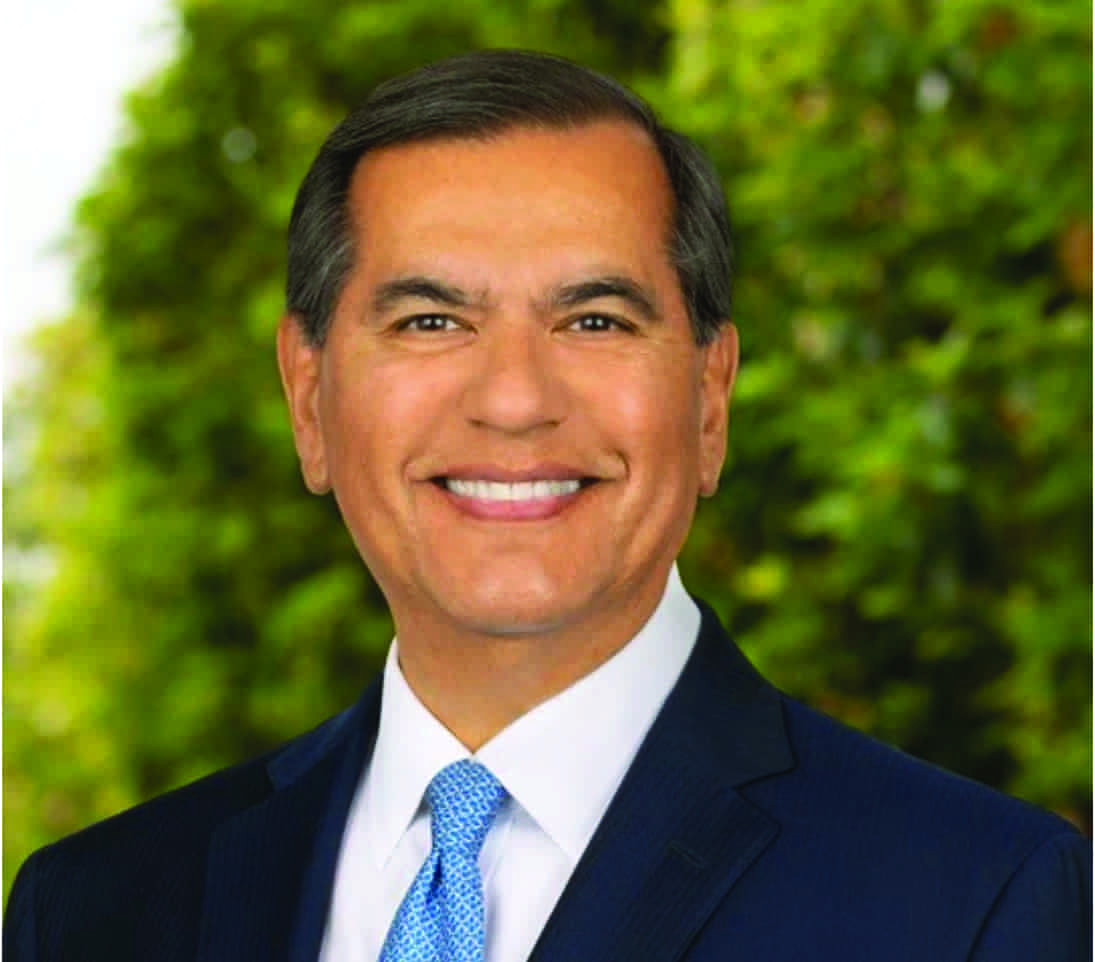Leaders from business, government, and non-profit sectors convened in Washington D.C. for the second annual Aspen Institute Latino Business & Entrepreneurship Summit on October 18. They agreed that the creation of sustainable wealth is key for the Hispanic population to be an even bigger driver of the U.S. economy.
The second annual Latino Business & Entrepreneurship Summit brought together high-level Latino and non-Latino cross-sector leaders at the national and local levels to uplift policies, practices, and programs supporting Latino business owners and entrepreneurs.
Gaddi Vasquez, Advisory Board Chair, Aspen Institute Latinos and Society Program, tells Portada that the imperative to create sustainable wealth for Hispanics, the still menacing digital divide, better access to procurement, and housing affordability were among the key topics discussed in the different sessions. “There are multiple opportunities for the Latino communities in these areas,” Vasquez asserts.
Creating Sustainable Wealth

Creating sustainable wealth or generational wealth that is transferred from parents to children, where children will tend to do better than their parents, is key for the Hispanic population to be an even bigger driver of the U.S. economy. In Vasquez’s words, it’s the process that goes from “selling the widget to making the machine that sells the widget.” Solution approaches that meet the imperative of creating generational wealth for the Latino community include investment in businesses that provide long-term jobs. Other options to create generational wealth discussed during the Latino Business & Entrepreneurship Summit are employee stock ownership plans (ESOPs) and worker cooperatives. These ownership structures are becoming viable options for business owners planning their succession strategies while creating opportunities for workers to build generational wealth. As market failures exclude Latino workers from wealth-building opportunities, innovations in employee ownership can fast-track Latino and minority communities to become business owners. “Once an ecosystem is created that has a strong economical foundation for Hispanic families, the opportunities are boundless,” Vaszques notes.
According to Vasquez, the Latino market is exploding on many different levels. As the future of the American economy rests in great part on the future of the Hispanic population, it is imperative to we get to a situation where most Hispanics can develop equity and financial security.”
Latino Business & Entrepreneurship Summit: Inclusive Procurement
Ramiro Cavazos, President & CEO, U.S. Hispanic Chamber of Commerce, led a session called “Inclusive Procurement: Lessons from the Federal Government and Private Sector”, as previously stated by Cavazos to Portada, “Less than 1% of the Buying Power of Our Government Goes to Latino-Owned Businesses.” The Aspen’s Institute’s Vasquez, notes that during the session participants realized that it is imperative for Hispanic businesses to realize that they need to position themselves as competent bidders. “Once you are certified and validated as a credible and viable supplier it is relatively easy to get more business,” Vazquez notes. Vasquez, a former senior vice president of Government Affairs for Southern California Edison (SCE), one of the nation’s largest electric utilities, commends the practice of energy sector companies of providing training to potential suppliers. Another important factor to substantially increase both private and public Latino business procurement is access to capital to finance product inventory, Vasquez states. Advice from Vasquez for Latino entrepreneurs, particularly in the current inflationary environment, is not to lose sense of purpose and maintain relationships with potential customers in order to convince those who are in the business to provide financial support. “This is a good time to build credibility and relationships. Some executives say that they have built relationships in tough times as these can be loyalty solidifiers,” Vasquez adds.
Still a Digital Divide
Many Hispanic school-age children have not had appropriate access to the Internet to follow classes virtually during the pandemic. The unprecedented COVID-19 shutdown affected students across the nation, but Hispanic students were particularly afflicted. Data from the National Center for Education Statistics shows that for example, “in September 2020, the percentage of adults reporting that computers were always or usually available for educational purposes was highest for Asian adults (97 percent), followed by White adults (93 percent), and lower for Black and Hispanic adults (90 and 88 percent, respectively).” Thus, although 88 percent of Hispanics had access to a computer for educational purposes during 2020, their quality of instruction suffered. For instance, McKinsey data found that 40 percent of Hispanic K-12 students received low-quality remote instruction and 30 percent received no instruction.
The Aspen Institute’s Gaddi Vasquez notes that “educational obtainment is going to be imperative to create multigenerational wealth creation.”The federal government has allocated significant amounts of money to bridge the digital divide, and so have private corporations including Comcast. “We need to overcome this, ” Vasquez concludes.
Speakers at the event, organized by The Aspen Institute, included Ramiro Cavazos, President/CEO, of the United States Hispanic Chamber of Commerce, Henry Cisneros Chairman, American Triple I Partners, The Honorable Veronica Escobar, U.S Representative, Texas 16th District, Rudy D. Garza, President & Chief Executive Officer, CPS Energy, Juan Otero, Senior Vice President of Diversity, Equity, and Inclusion, Comcast NBC Universal Corporation and Julie Chavez Rodriguez, Senior Advisor and Assistant to the President and Director of The White House Office or Intergovernmental Affairs.







